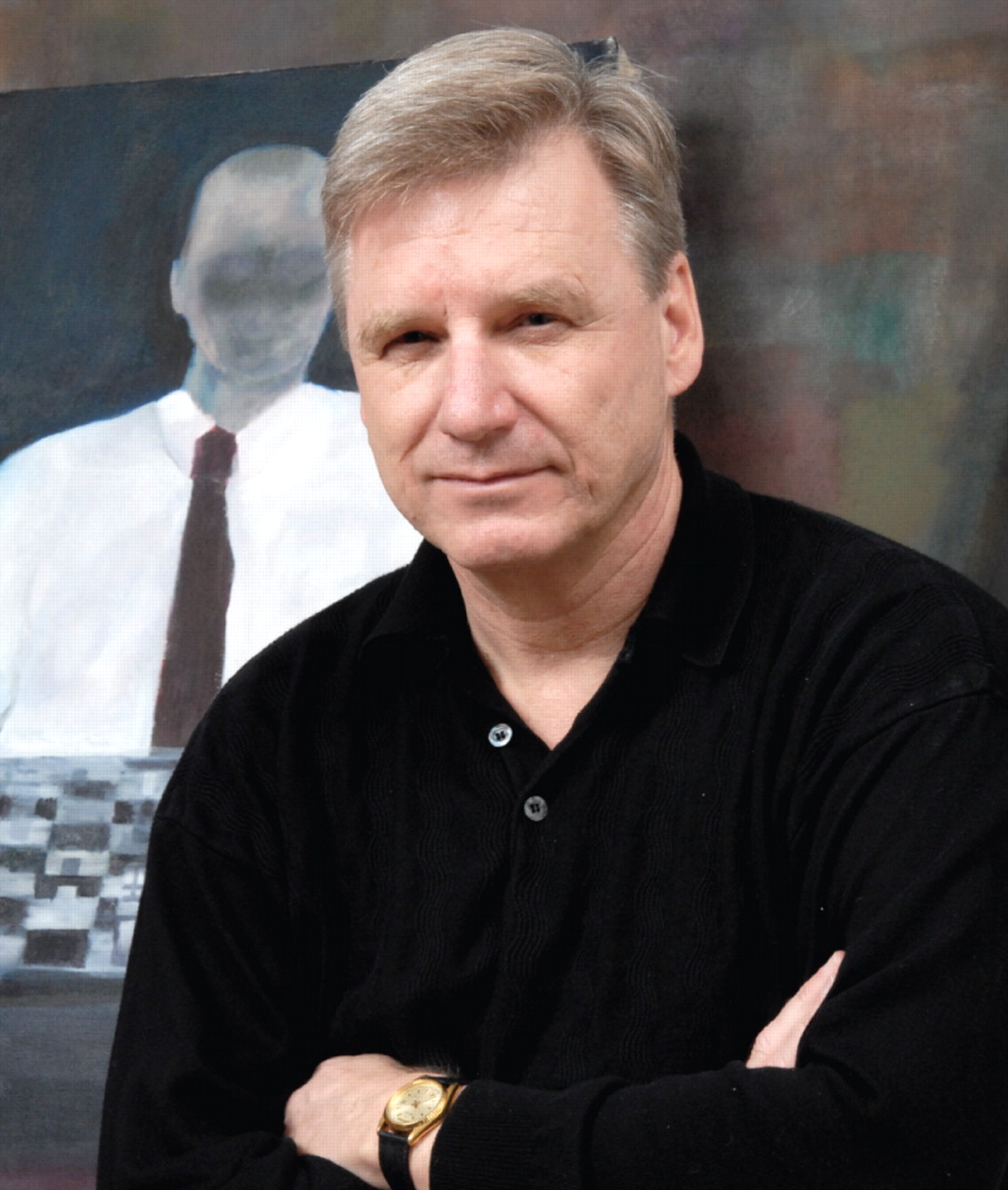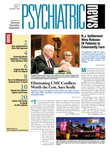Do I have a mental illness? Is there treatment available? Where do I go and who can I talk to? How do I live with mental illness? Reflecting on the personal struggles of living with mental illness is the aim of the interactive“ Conversations” event at APA's 2009 Institute on Psychiatric Services. The host of the event is the American Psychiatric Foundation.
The institute's third annual “Conversations” event, which will be held Saturday, October 10, at 5:15 p.m., will bring the personal side of mental illness to mental health professionals as author Pete Earley shares the story of his son's struggle. This harrowing tale was the subject of his book Crazy: A Father's Search Through America's Mental Health Madness. It was one of two finalists for the Pulitzer Prize in 2007, and in 2008 APA presented Earley with its Patient Advocacy Award.
Earley is a former reporter for the Washington Post, hired by Bob Woodward. He went on to write nine nonfiction books and three novels. His first book, Family of Spies: Inside the John Walker Spy Ring, was a New York Times bestseller and was made into a five-hour miniseries on CBS television. For his book The Hot House: Life Inside Leavenworth Prison, Earley spent a year as a reporter inside a maximum security prison. His book Circumstantial Evidence helped lead to the release from death row of a black man who had been wrongfully convicted of murdering a white teenager in Alabama.
In Crazy, Earley describes his attempts to help his college-aged son Mike after he becomes ill with bipolar disorder and is arrested. It also describes a year that Earley spent at the Miami-Dade County Jail in which he followed persons with mental disorders as they were released from jail into the community to see what sort of services they received.
“I had no idea,” Early writes in the opening chapter of his book. “I've been a journalist for more than 30 years, a reporter for the Washington Post, the author of several nonfiction books about crime and punishment and society, some of them award-winning, even two bestsellers. I've interviewed murderers and spies, judges and prosecutors, always seeking the truth and attempting to convey it so that readers can see the people and the events for themselves—can understand not only what happened, but why. But I was always on the outside looking in. I had no idea what it was like to be on the inside looking out. Until my son Mike was declared mentally ill.”
Earley has spoken to over 100 mental health, consumer, and law enforcement groups and is an advocate for halting the warehousing of mentally ill individuals in jails and prisons with no access to treatment. He serves on the board of directors of the Corporation for Supportive Housing, which finds innovative ways for states to finance housing projects to help eliminate homelessness.
The “Conversations” event is part of an interactive series begun at APA's annual meeting eight years ago that offers a unique opportunity for psychiatrists and others to hear the personal perspectives on mental illness and their struggles, life adjustments, and the pivotal points in life. Guests have included Maureen McCormick, Brooke Shields, George Stephanopoulos, and Carrie Fisher.
The American Psychiatric Foundation is the charitable subsidiary of the American Psychiatric Association. The mission of the foundation is to advance the public's understanding that mental illnesses are real and can be effectively treated. More information about the foundation and its programs can be found online at<www.psychfoundation.org>.
“Conversations” is sponsored by a charitable contribution from AstraZeneca to the American Psychiatric Foundation.
More information about Pete Earley is posted at<www.peteearley.com/home>. The first chapter ofCrazy: A Father's Search Through America's Mental Health Madnessalso can be accessed here.▪

